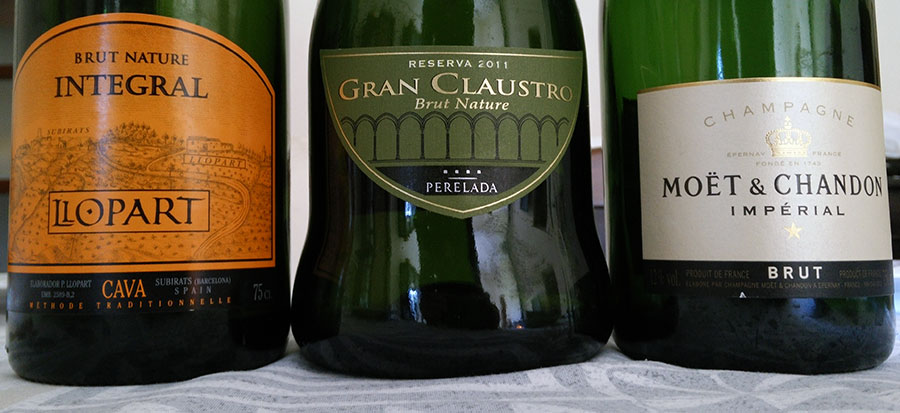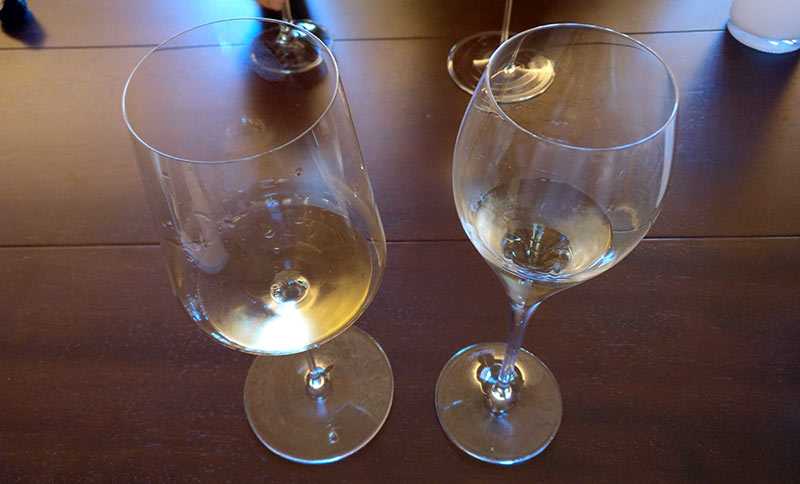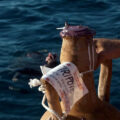The region of Champagne holds a fascinating history as it features a great many important women who, while not ignored, haven’t seen the protagonism they deserve in various media. In what will hopefully be the first of more to come, Widow Clicquot tells the story of Madame Clicquot’s life when she worked to establish Veuve Clicquot. The film zeroes in on the point wherein, Barbe-Nicole Clicquot Ponsardin becomes a widow (or veuve) up to the successful release of the first sparkling wine under her direction of the winery. Much of […]



